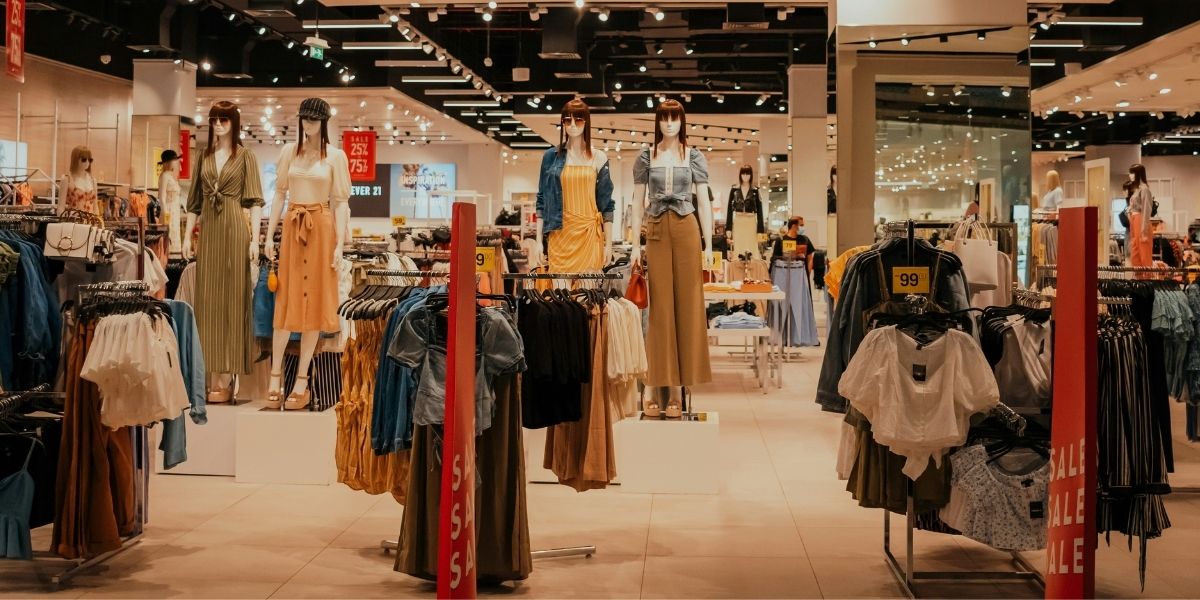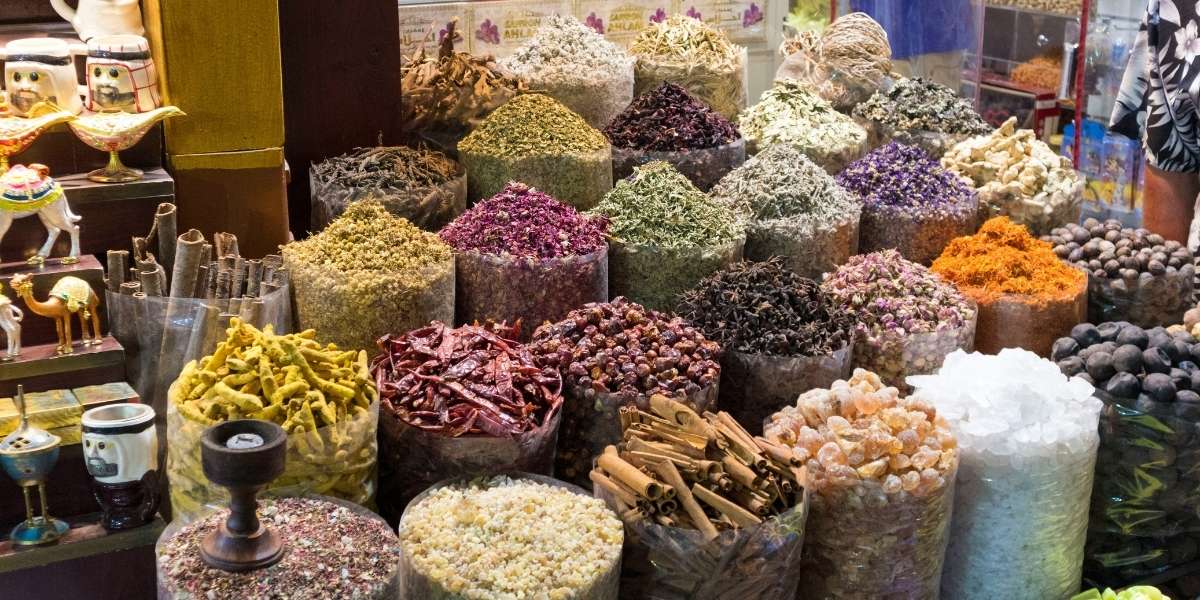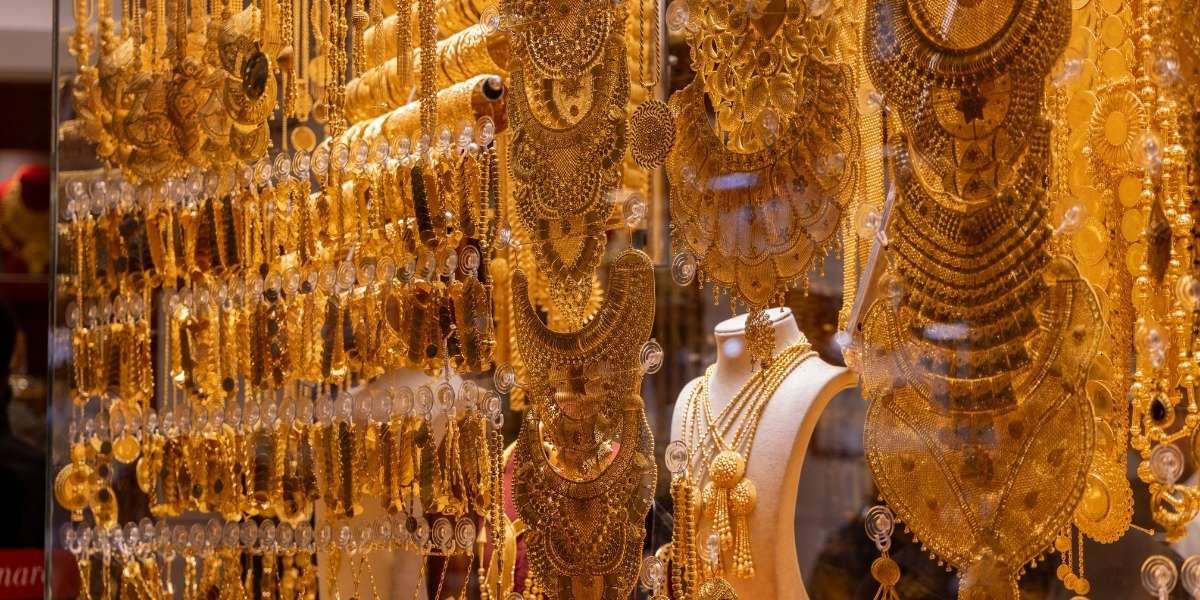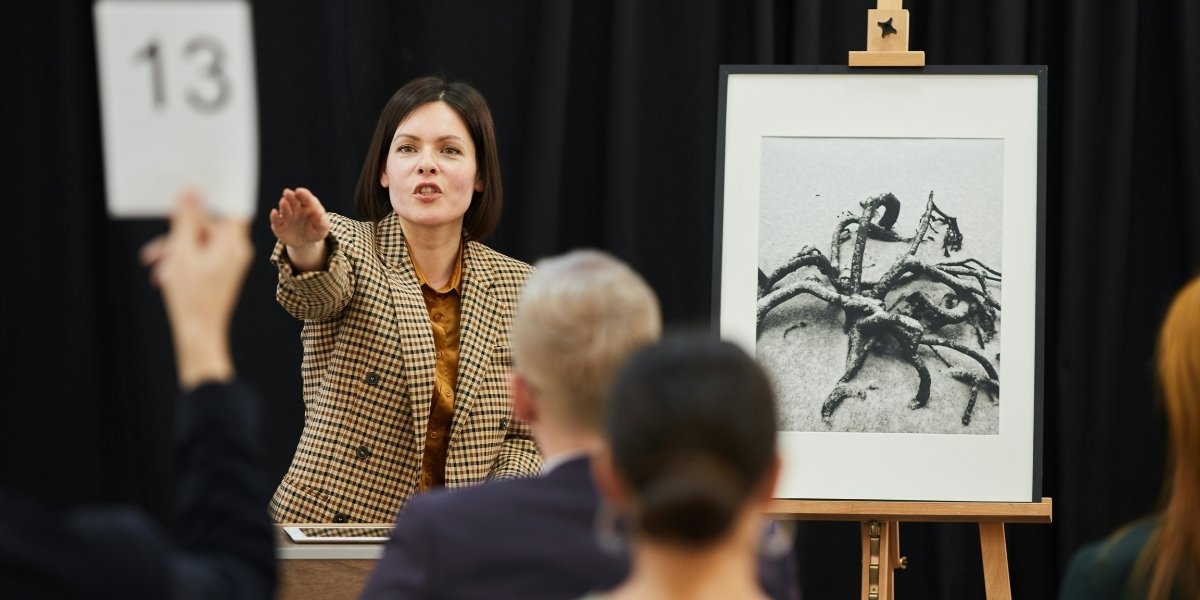In a city renowned for its rapid evolution and ambitious urban development, Dubai offers a retail landscape that is as diverse as it is dazzling. From the ancient, aromatic traditional markets that whisper tales of centuries-old trade to the glittering, ultra-modern shopping centers that stand as monuments to contemporary luxury, the emirate presents a unique juxtaposition of shopping experiences. This blend of the traditional and the futuristic is not merely a testament to Dubai’s growth, but an intentional curation designed to appeal to every kind of shopper, reflecting the city’s rich heritage alongside its forward-thinking vision.
Read Also: Seattle’s Retail Renaissance: Evolution and Future Prospects
The journey through these distinct retail environments is more than just a shopping trip; it is a cultural exploration. Visitors can immerse themselves in the vibrant bartering culture of the historic marketplaces, where gold, spices, and textiles have been traded for generations. Simultaneously, they can marvel at the sheer scale and opulence of the world-class shopping centers, which offer global brands, entertainment facilities, and innovative retail concepts. Understanding this dual retail identity is key to appreciating Dubai’s economic dynamism and its commitment to providing unparalleled experiences for residents and tourists alike.
What Are Dubai’s Traditional Marketplaces and Their Significance?
Dubai’s traditional marketplaces are the historical heart of its trading past, offering a sensory journey back in time. These bustling areas, particularly the Gold Market, Spice Market, and Textile Market, stand as enduring symbols of the emirate’s origins as a humble fishing and pearl-diving village that blossomed into a vital regional trade hub. The Gold Market, famous for its dazzling displays of gold jewelry, attracts buyers from around the world, drawn by competitive prices and intricate designs. The sheer volume of gold on display is astounding, reflecting Dubai’s reputation as the “City of Gold.”

Photo Credit: Unsplash.com
The Spice Market, located nearby, assaults the senses with the rich aromas of frankincense, myrrh, saffron, cardamom, and a myriad of other exotic spices, herbs, and dried fruits. This market has long been a conduit for goods arriving from Asia and Africa, central to Dubai’s role in the global spice trade routes. Across the Dubai Creek, accessible by traditional abra boats, the Textile Market in Bur Dubai offers a kaleidoscope of fabrics, from fine silks and rich embroideries to soft cottons, catering to both local and international tastes. These traditional trading spots are not just retail spaces; they are living museums, preserving the city’s heritage and fostering a unique bartering culture that is central to their allure.
How Do Dubai’s Contemporary Shopping Centers Redefine the Shopping Experience?
In stark contrast to the historic traditional markets, Dubai’s contemporary shopping centers redefine the concept of shopping, transforming it into an all-encompassing leisure and entertainment experience. These colossal structures, such as The Dubai Mall and Mall of the Emirates, are far more than just retail outlets; they are destinations in themselves. The Dubai Mall, one of the world’s largest, boasts thousands of stores featuring international luxury brands, high-street fashion, and everything in between. Beyond shopping, it houses a colossal aquarium, an Olympic-sized ice rink, and an indoor theme park, illustrating a commitment to diverse entertainment options.
Mall of the Emirates is equally impressive, famous for Ski Dubai, the Middle East’s first indoor ski resort. These large retail hubs seamlessly integrate retail with dining, entertainment, and even residential components, encouraging visitors to spend entire days within their climate-controlled confines. The architecture is often grand and futuristic, incorporating cutting-edge technology and innovative design. This approach to retail creates a luxurious and comfortable environment where shoppers can escape the desert heat and indulge in a wide array of activities, solidifying their status as global benchmarks for integrated retail and leisure.
What Role Do Tourism and Luxury Play in Dubai’s Retail Strategy?
Tourism and luxury are inextricably linked to Dubai’s retail strategy, serving as twin pillars that underpin the city’s ambition to be a global shopping mecca. The emirate has invested heavily in developing world-class infrastructure, including its airports, hotels, and retail complexes, specifically designed to attract high-spending international visitors. Shopping festivals, duty-free incentives, and a reputation for unparalleled luxury experiences draw millions of tourists annually, for whom shopping is often a primary motivation for their visit. The strategic emphasis on both traditional marketplaces and modern shopping centers caters directly to this tourist demographic.
The focus on luxury is evident in the sheer number of high-end brands housed within the contemporary shopping centers and the quality of goods offered in the traditional markets, particularly gold and precious jewels. Dubai positions itself as a safe and tax-efficient environment for luxury purchases, appealing to discerning shoppers from across the globe. This luxury-centric approach not only generates significant revenue but also enhances Dubai’s image as a glamorous and aspirational destination, constantly reinforcing its appeal to both leisure travelers and serious shoppers seeking exclusive products and experiences.
How Do Dubai’s Diverse Retail Experiences Reflect Its Economic Diversification?
The diverse retail experiences offered by Dubai, encompassing both traditional and contemporary shopping venues, are a clear reflection of the emirate’s successful economic diversification strategy. Historically reliant on oil, Dubai has consciously transformed its economy by investing heavily in sectors such as tourism, trade, finance, and real estate. The development of world-class retail infrastructure was a deliberate move to support and grow the tourism and trade sectors, providing a compelling reason for visitors and businesses to choose Dubai. The traditional markets represent the historical trade backbone, while the contemporary centers showcase modern commerce.

Photo Credit: Unsplash.com
This dual approach to retail underscores Dubai’s ability to innovate and adapt while honoring its past. It demonstrates a sophisticated understanding of global market demands, catering to both those who seek authentic cultural experiences and those who crave modern luxury. By developing diverse retail ecosystems, Dubai has created multiple revenue streams and job opportunities, significantly reducing its dependence on hydrocarbon revenues. This strategic economic planning has ensured the city’s resilience and continued growth, with retail playing a central role in its broader economic narrative.
What Future Trends Are Shaping Dubai’s Retail Landscape?
The retail landscape in Dubai continues to evolve, driven by global trends and the city’s relentless pursuit of innovation. One significant future trend is the integration of digital technology into the physical shopping experience. Major retail hubs are increasingly incorporating smart technologies, such as interactive directories, augmented reality shopping experiences, and personalized marketing based on customer data. This fusion of online and offline elements aims to create seamless and highly engaging retail journeys, catering to tech-savvy consumers.
Read Also: Navigating the Food Industry: Trends, Challenges, and Innovations
Another key trend is the increasing emphasis on experiential retail. Beyond merely selling products, these shopping destinations are focusing on offering unique experiences that cannot be replicated online, such as immersive entertainment zones, art installations, and specialized culinary concepts. The traditional markets, too, are adapting, with initiatives to enhance visitor experience through guided tours, cultural events, and improved facilities while preserving their historical authenticity. Sustainability and ethical sourcing are also growing considerations, influencing consumer choices and prompting retailers to adopt more responsible practices, all contributing to the dynamic future of retail in Dubai.






